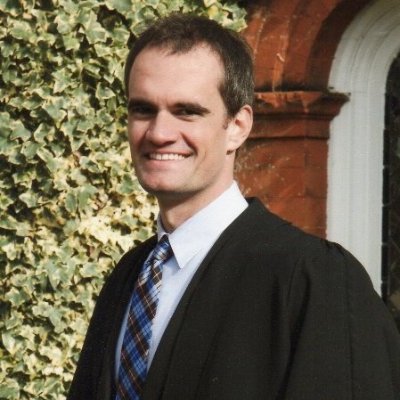Greg Felter, Hughes Hall, 2012-2013
Greg is a professional engineer licensed in the state of California in the USA, his place of origin. Following the completion of his Civil Engineering undergraduate degree from University of the Pacific in 2008, he worked for Veolia Water North America in the San Francisco bay area. Upon completion of the Engineering for Sustainable Development MPhil he has shifted to working on international development with an emphasis on water issues. He is currently water specialist consultant for The World Bank Group.
Dissertation title:
Water Supply Challenges in Cities as a Result of Urbanization
Students report:
Following the completion of my undergraduate degree and while working for Veolia, I began volunteering for Engineers Without Borders USA on projects in El Salvador. It was through this experience that I discovered that not only was international development the area in which I was most interested, but also where my engineering skills could be put to great use. With little experience in the development sector, I decided to research postgraduate programs where I could focus on international development and sustainability while maintaining my ties to engineering and technical problem solving.
The Cambridge MPhil was exactly what I was looking for as it allowed an ideal blend of flexibility and structure via coursework and a self-directed dissertation. My dissertation research was informed by my experience with the challenges that utilities face in developed countries that I gained during my time with Veolia. My research reframed these hurdles to focus on Kampala, Uganda and the exceptionally difficult task that utilities in developing countries face to achieve universal water access with the added complications of informal settlements, the urban poor, and rapid population growth, all of which must be addressed with limited financial resources.
The course exceeded my expectations, but it was Cambridge’s ancillary benefits that were truly exceptional. From guest speakers to debates at the Cambridge Union to unassuming conversations at formal halls; seemingly every exchange is another opportunity to be intellectually challenged and stimulated.
Following my completion of the ESD program, I moved to Washington, DC where I began working for an NGO focused on water and sanitation in Africa. After a couple of years, I moved on to begin consulting for The World Bank Group on a wider variety of water projects, both in relation to water supply and sanitation utilities as well as water resources management. Without the experiences and support I had gained at Cambridge, this is an opportunity that would likely have been out of reach.

